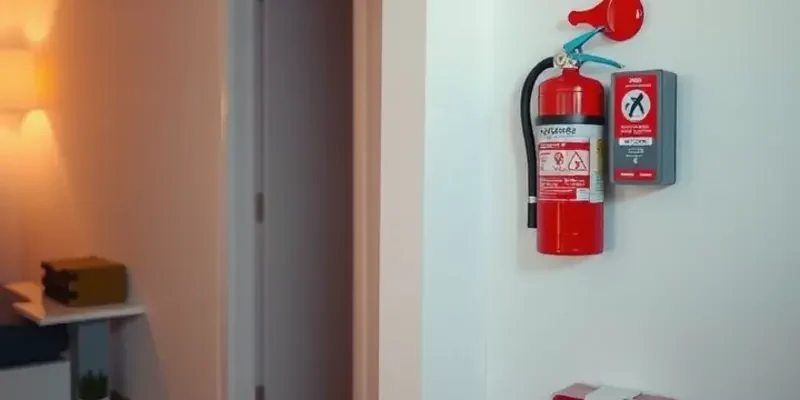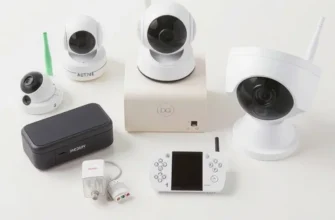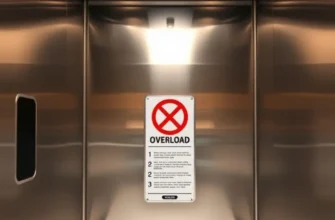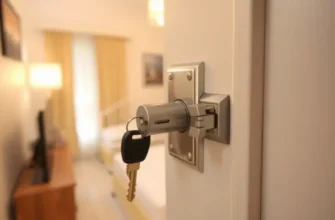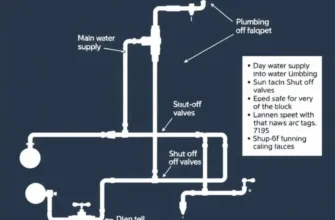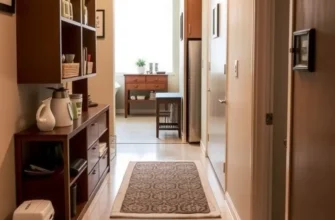Facing emergencies in your rental apartment can be daunting, but understanding how to respond effectively is crucial for your safety. Emergencies, whether they arise from unexpected plumbing failures, electrical malfunctions, or security concerns, can disrupt your daily life. Knowing how to react and what to do can minimize damage and ensure swift resolutions. This guide provides you with practical steps and safety measures tailored for renters across the U.S. You’ll learn how to secure your home, whom to contact for various issues, and how to maintain a sense of calm in challenging situations. By prioritizing safety and understanding your rights and responsibilities as a renter, you can enjoy a more peaceful living experience. Let’s explore the strategies and resources available to help you navigate emergencies with confidence and ease.
Your Safety First: Responding to Emergencies
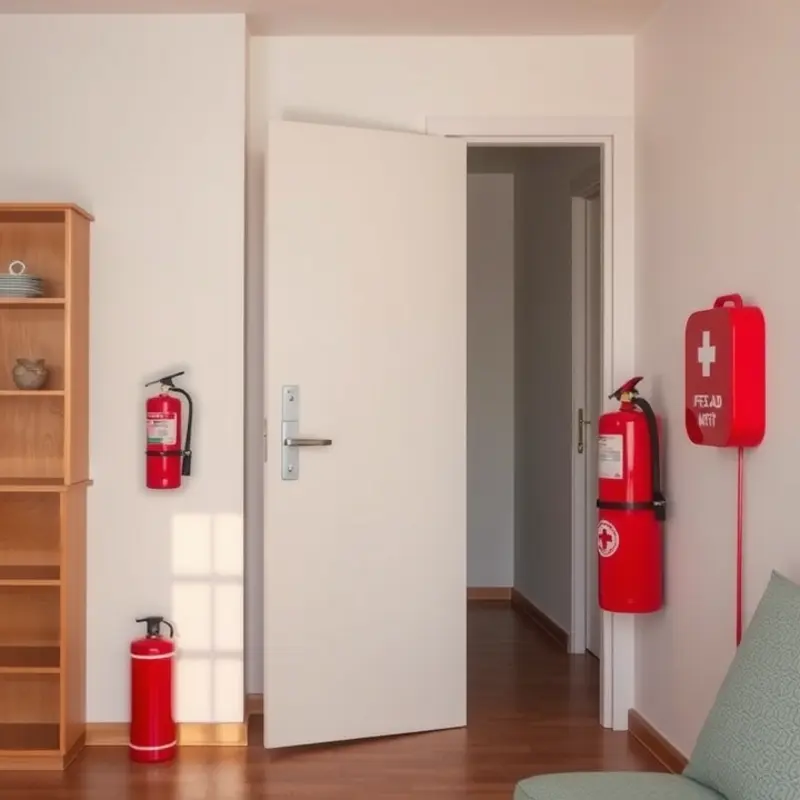
In rental living, knowing how to respond effectively to emergencies is crucial. Each situation demands a swift, but composed action plan to protect yourself and others. Fire emergencies are among the most life-threatening situations. If you ever detect smoke or flames, your immediate priority should be to evacuate. Do not attempt to put out large fires yourself; instead, alert others by pulling the fire alarm and contacting emergency services. Remember, always use stairs instead of elevators during a fire evacuation.
In the case of a gas leak, the situation requires immediate attention too. Gas leaks are usually noticeable by a distinct odor, often described as rotten eggs. If you suspect a leak, do not use electrical switches or unplug devices, as a spark could ignite the gas. Open windows to ventilate the area and promptly exit the premises. After ensuring safety, contact the local gas company from a neighbor’s phone or outside the building to avoid any indoor sparks.
Medical emergencies in an apartment might include accidents, health crises, or other unexpected events. Always prioritize calling emergency services if someone is unresponsive or severely injured. While waiting for help, administering first aid when possible can make a significant difference. Ensure you have a basic first-aid kit accessible in your apartment.
Communication during emergencies is vital. Ensure that you and your roommates, if any, know emergency contact numbers and the physical address of your property. It is advisable to have essential contacts and local emergency numbers saved in your phone. Make sure to inform your landlord of any damages or hazards caused during an emergency, as they may be responsible for larger repairs or safety audits, a concept further explored here: apartment safety audits.
Preparedness can significantly reduce panic during emergencies. Regularly check smoke detectors and carbon monoxide alarms to confirm they are operational. Adopt a safety-first mindset by participating in local safety drills and staying informed about community emergency response plans. Such activities not only enhance your readiness but also help in building a safer community around you.
Constant vigilance and preparedness are your best defenses in emergencies. Considering the diverse situations that can occur in a rental property, being informed and ready to act can ensure a safer environment, promoting peace of mind for yourself and those around you.
Maintenance Made Easy: Hassle-Free Solutions
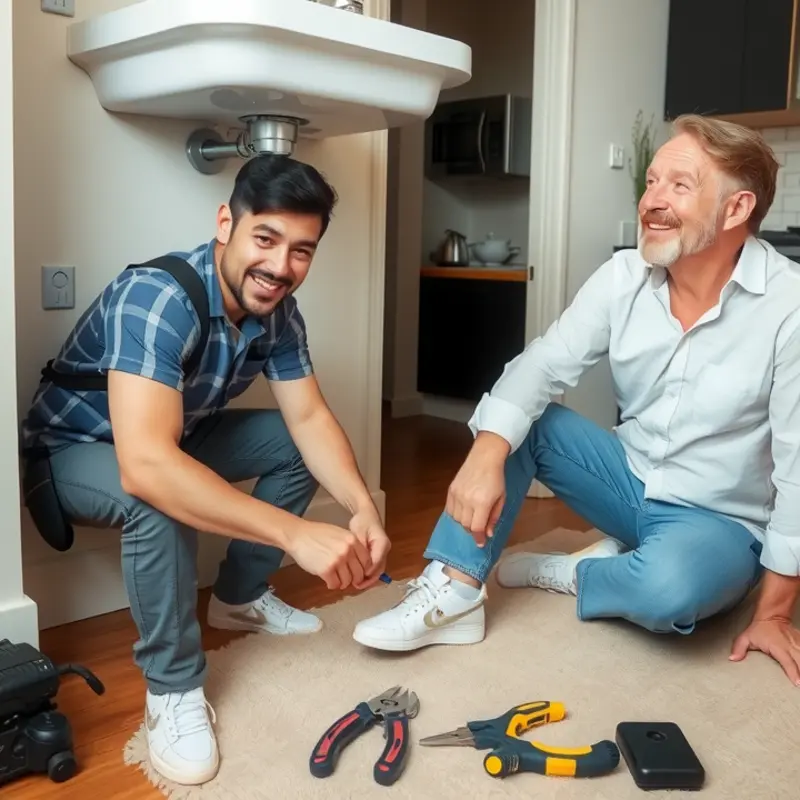
Dealing with maintenance issues in your rental home can seem daunting, but seamless communication and effective strategies can ease the process. Here’s how you can address both routine and urgent repairs efficiently.
1. Establish Clear Communication Channels
The first step to hassle-free maintenance is understanding the preferred communication method of your landlord or property manager. Some prefer emails, while others might respond quicker to phone calls or tenant portals. Ensure you know how to reach them swiftly when the need arises. Clearly articulated messages will help you get the support you need promptly.
2. Know Your Rights and Responsibilities
Familiarize yourself with the local landlord-tenant laws. These regulations often dictate what responsibilities fall on the landlord—such as major repairs and structural issues—and which are yours, like replacing light bulbs. This knowledge helps avoid misunderstandings and ensures repairs are handled by the appropriate party. For more about your safety responsibilities, check out this guide.
3. Document and Report Issues Promptly
Whether it’s a leaky faucet or a malfunctioning heater, document the problem as soon as it arises. Take photos or videos as evidence. This documentation not only helps convey the urgency of the issue but also serves as proof if disputes arise later. Always keep a copy of any communication sent to your landlord for your records.
4. Set Realistic Expectations
Recognize that while some maintenance issues require immediate attention, others may take a while due to parts availability or scheduling challenges. In non-urgent cases, such as cosmetic repairs, understanding timelines and setting realistic expectations will minimize frustration. Ask for an estimated time frame and follow up respectfully if deadlines are not met.
5. Utilize Tenant Portals
Modern property management often involves digital tools that streamline the maintenance request process. Tenant portals typically allow you to submit maintenance requests online, track their progress, and communicate directly with maintenance staff. If your property management company offers this, take full advantage of the available features.
6. Be Proactive with Preventative Maintenance
Avoid frequent repair requests by conducting regular checks in your apartment. Simple tasks like cleaning filters, checking smoke detectors, and ensuring no water leaks can prevent larger issues. Proactively handling minor upkeep can also reflect positively during lease renewals.
7. Know When to Escalate
If repair requests are repeatedly ignored or poorly addressed, it may be time to escalate the matter. You can consult local tenant advocacy groups or legal advisors to understand your options. However, always aim for a cordial approach first, which often resolves issues without conflict.
Creating a maintenance plan and applying these strategies will amplify your living experience. Clear communication, documentation, and proactivity ensure a well-maintained home and a strong tenant-landlord relationship.
Final words
Navigating emergencies and maintenance issues in your rental space may seem overwhelming, but having a clear plan empowers you to act decisively. By prioritizing safety and taking proactive steps, you can turn potential crises into manageable situations. Remember that communication with your landlord and understanding your rights are key to a secure living environment. Equip yourself with knowledge, and your rental experience will be smoother and safer. Stay prepared, and enjoy your peace of mind as you focus on creating a home you’ll love.

